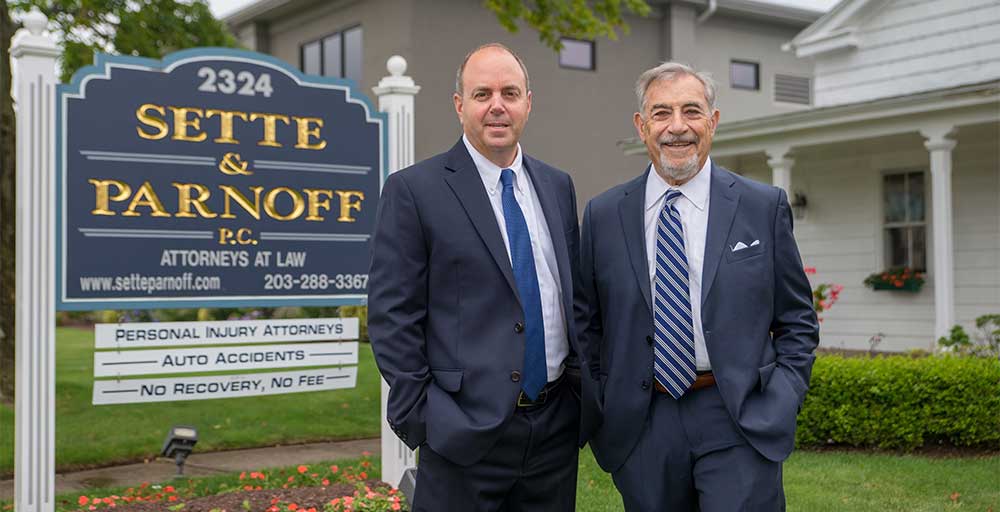Many Connecticut residents trust elder care facilities to take care of their loved ones when they are no longer able to care for themselves. While many facilities consistently provide top-notch care, others are notorious for failing to treat their residents with the level of care they deserve. If your loved one has been abused or mistreated in a nursing home facility, you may be able to hold them legally responsible for the harm they caused.
What is nursing home negligence?
Nursing homes and their employees have many legal responsibilities to their residents. Nursing home staffers are required to:
- Provide residents with healthy meals.
- Provide residents with a safe environment.
- Helping residents walk and move around.
- Make sure residents receive the medical care they need and take their prescribed medication.
- Help residents with personal hygiene (e.g., bathing or changing clothes).
- Perform housekeeping duties.
When a nursing home employee in Connecticut fails to meet the requisite standard of care when caring for a resident, their actions may be considered negligent. Some examples of nursing negligence include:
- Failing to provide residents with necessary medical care.
- Physically, emotionally or sexually abusing residents.
- Failing to properly train, hire, or supervise staff.
- Failing to provide enough staff (understaffing).
- Neglecting needs of the residents.
- Failing to properly maintain premises (e.g., failing to perform necessary repairs).
Sometimes it can be difficult for families to know whether nursing home negligence has negatively impacted their loved one. Families should look for signs of abuse or neglect such as emotional withdrawal, change in personality, sudden weight loss, broken bones, and bruising.
If any signs are observed or you suspect a lack of proper care, it may be in your best interest to talk to a personal injury attorney with experience dealing with nursing home negligence. Your attorney can advise on you on what steps to take to make sure your loved one is safe and that the nursing home is held financially responsible for the harm it caused.

